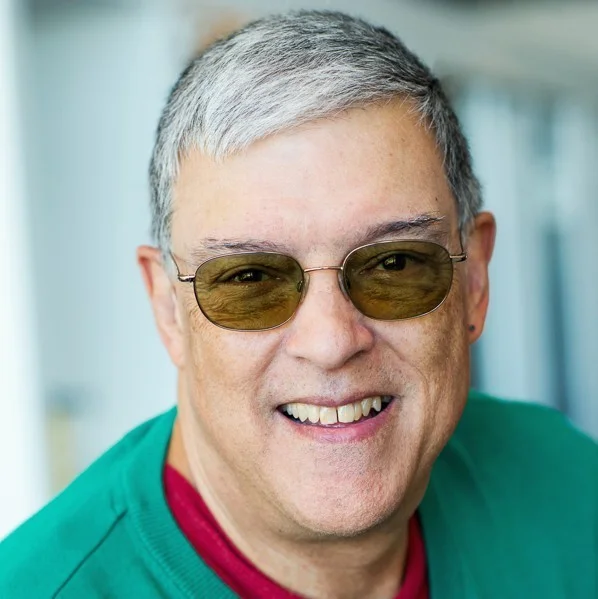
David Both is an Open Source Software and GNU/Linux advocate, trainer, writer, and speaker. He has been working with Linux and Open Source Software since 1996 and with computers since 1969. He is a strong proponent of and evangelist for the "Linux Philosophy for System Administrators."
He has written articles for magazines including, Linux Magazine, Linux Journal, and OS/2 Magazine back when there was such a thing. He currently writes prolifically for OpenSource.com. He particularly enjoys learning new things while researching his books and articles, building his own computers, and helping his grandchildren build their computers. He has found some interesting
and unusual ways of problem solving, including sitting on one computer on which he was working.
David has published five books with Apress. Four solo works, “The Linux Philosophy for SysAdmins,” August 2018, and a three volume self-study training course, “Using and Administering Linux — From Zero to SysAdmin,” released in December, 2019. He has also written one book with co-author Cyndi Bulka, "Linux for Small Business Owners" that was released in 2022.
David currently lives in Raleigh, NC, with his amazing and supportive wife, Alice.
He can be reached via email at LinuxGeek46@both.org or on Mastodon at @LinuxGeek46@linuxrocks.online.

Authored Comments
Eddie G. - I really never found a need to defrag at all since I started using OS/2 back in the late '80's. In fact, that calculation was first performed to show that the IBM OS/2 HPFS filesystem did not require fragmentation either. I have never used Windows as my primary operating system so fragmentation was never a problem for me except on DOS with FAT.
HPFS, like most modern filesystems, was designed to allocate space using algorithms that reduced fragmentation to negligible levels. For HPFS and EXT2/3/4, I have measured fragmentation at levels so low as to be irrelevant to most application environments.
I did, however, experiment to a couple defragmentation programs for HPFS on a test machine back in about 1991 or thereabout. It made no noticeable difference in performance and took about four hours to do the defrag. I never trusted defrag programs and always shudder when friends say they do it frequently on their non-Linux computers.
Thanks for your comment. - and thanks to all who have commented on this article.
I found the BIOS configuration very inconsistent. Some booted my Live USB right away with no changes and others needed some minor changes to boot. II never did get some to boot to the USB, but I probably just did not spend enough time fussing with the various config options. Nor did I have the directions that might have given me some clue as to how to do so.
But the key is to try. Any computer that I cannot figure out how to boot to a USB device fairly quickly is probably not going to be on my short list anyway, unless it has some whiz-bang feature that I just cannot live without.